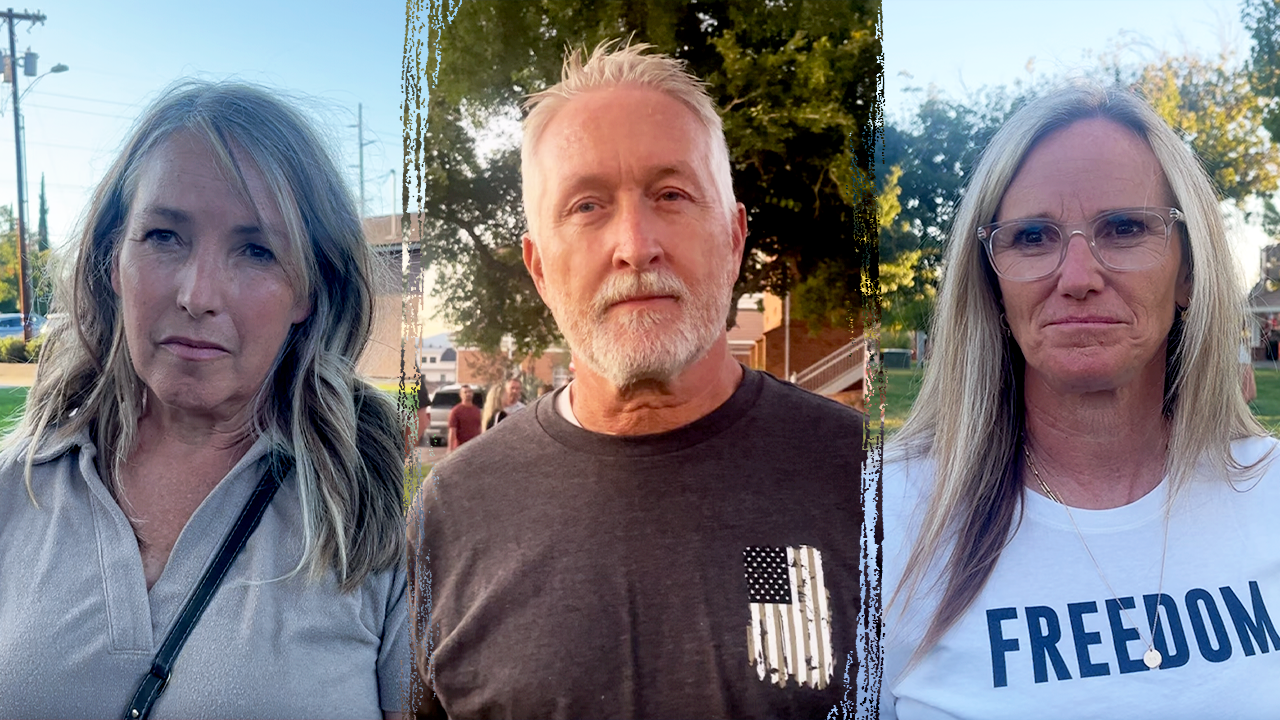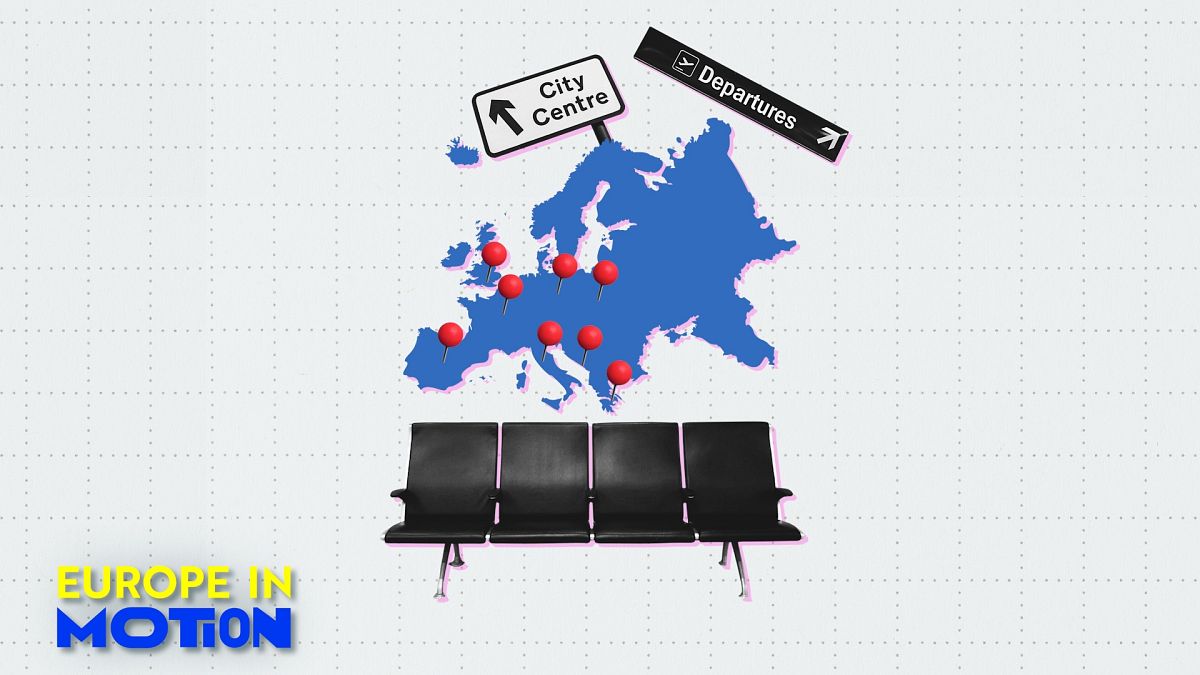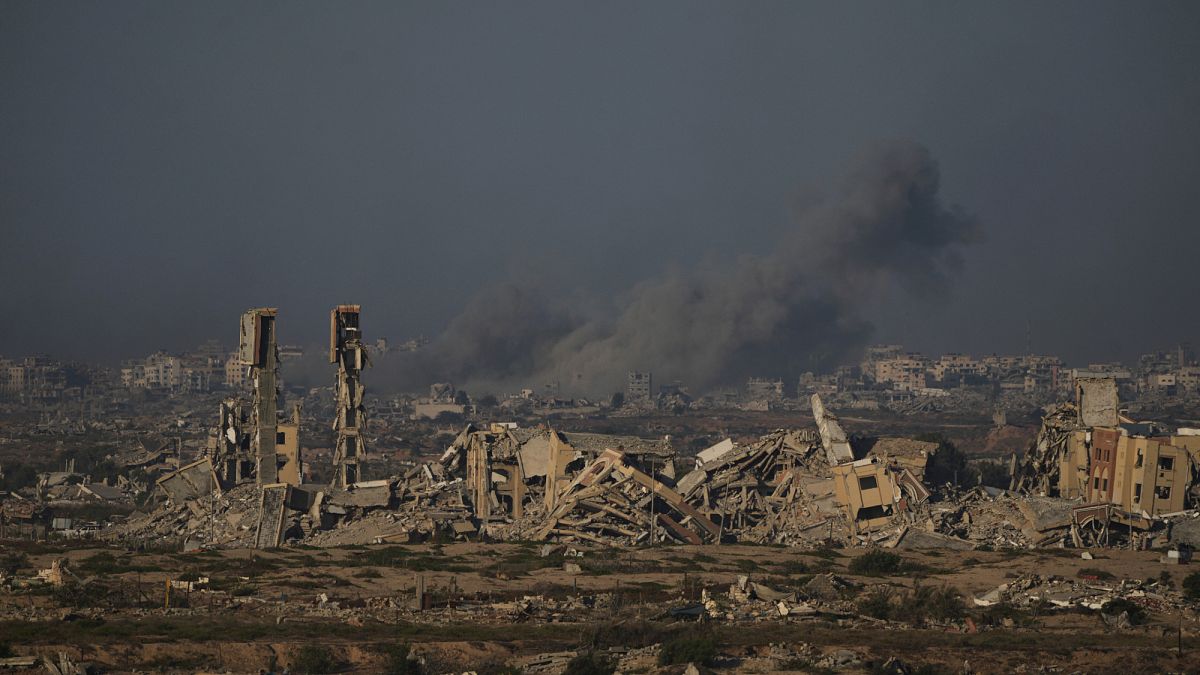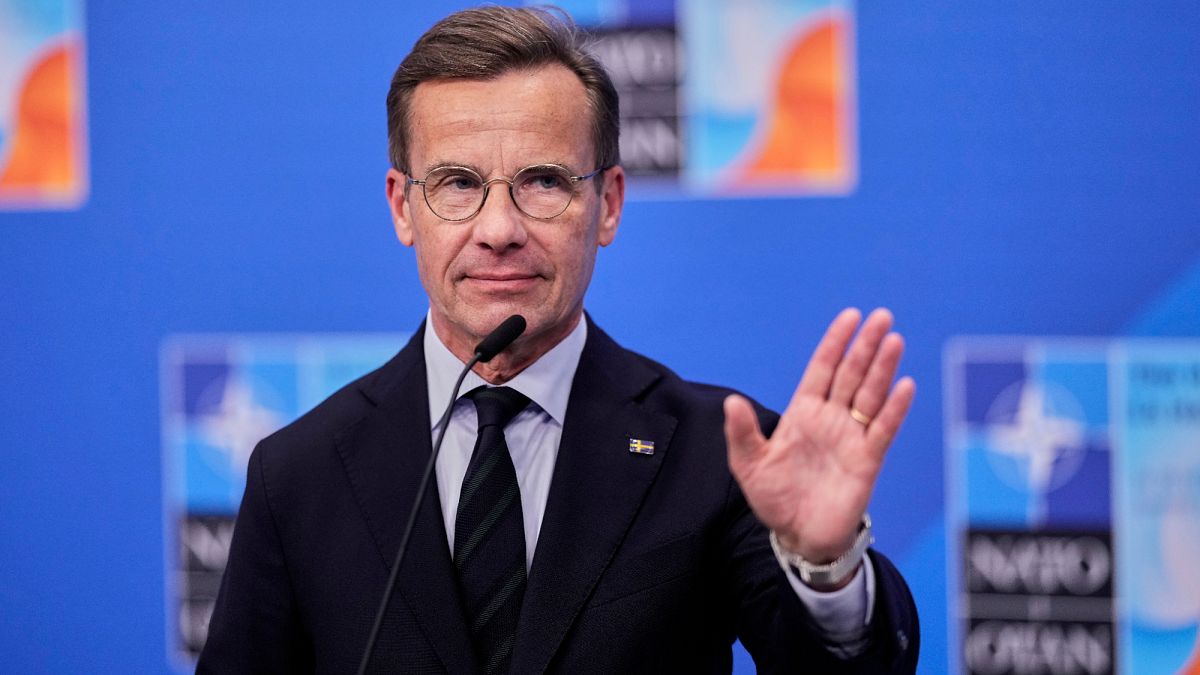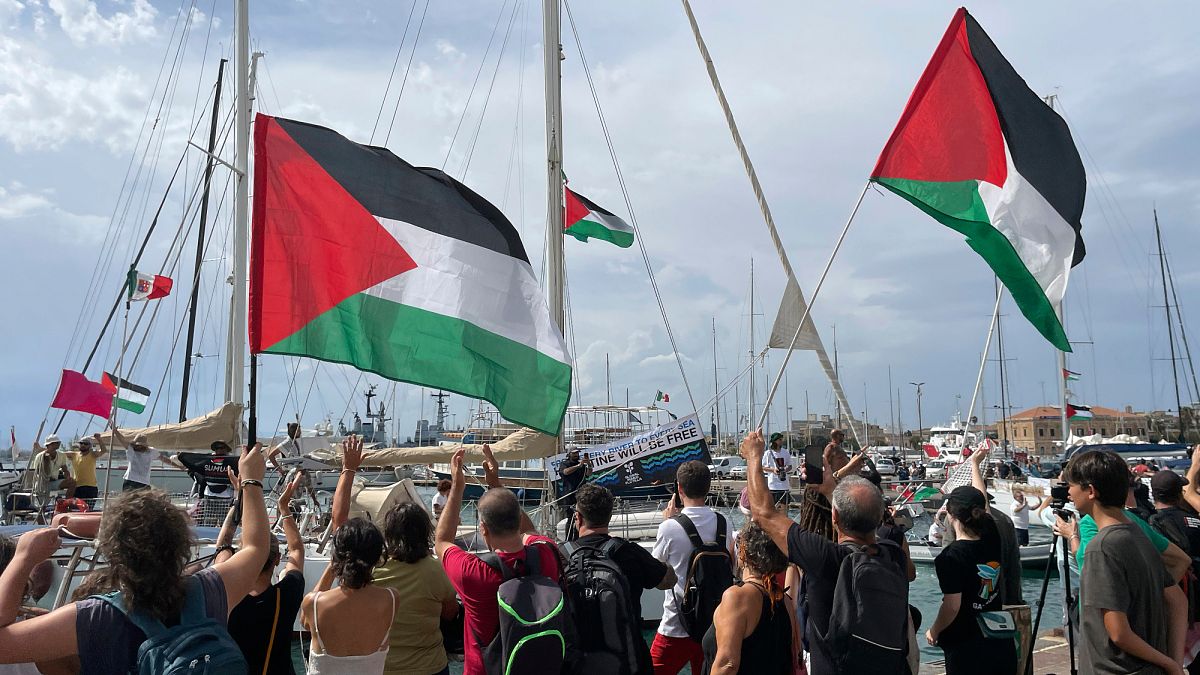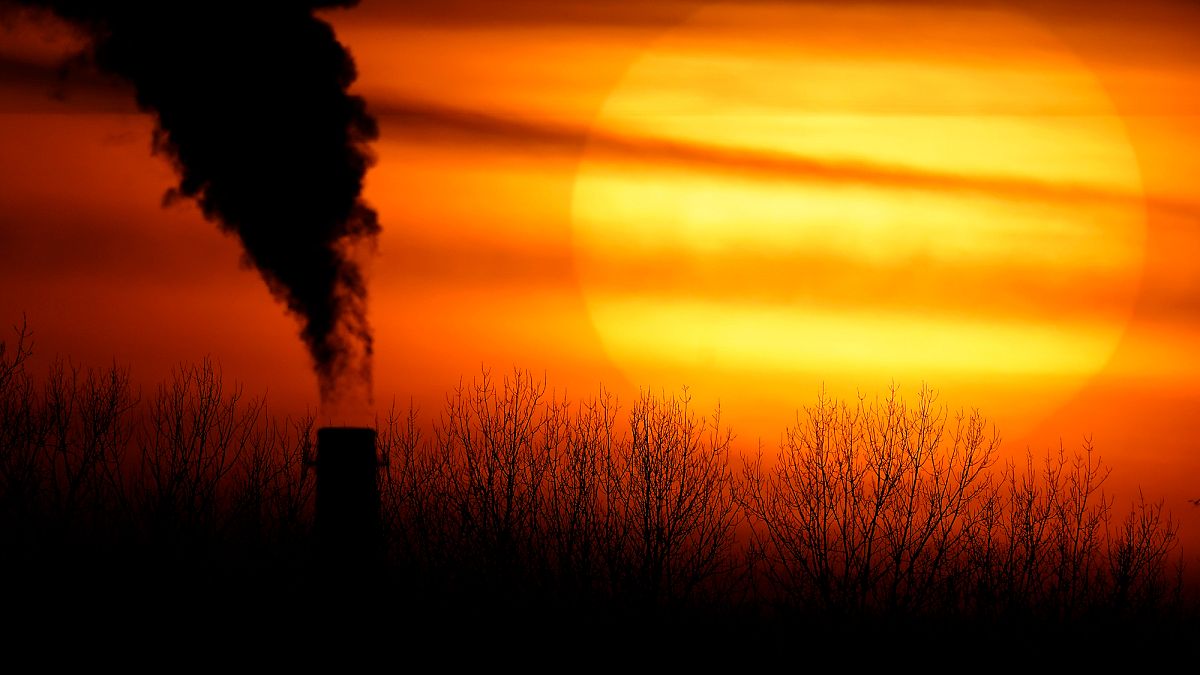Published on
The Western Balkan region is facing a severe drought, as a heatwave spreading across Europe, caused by an African anticyclone, continues to disrupt daily life and create issues with agriculture and electricity.
Temperatures in central Albania reached 40 degrees Celsius on Thursday, and meteorologists warned that there would be a lack of rain until September. Rivers in the country are already almost dry due to low rainfall during winter and spring.
The soaring temperatures have pushed Albanian authorities to assist local agriculture with irrigation networks. A project to divert water from the northern Mat river to irrigate around 40 square kilometres of agricultural land in the area was completed on Tuesday.
There has also been a negative impact on Albania’s power production, which primarily comes from the country’s hydropower stations in the north.
The national power corporation spent up to €60 million to import energy in the first half of this year.
Serbia’s state meteorological institute has warned that “extreme drought” is affecting the country’s crops, while water levels in rivers and lakes have dropped.
Small towns and villages throughout the country also face restrictions on drinking water.
In Kosovo, a water shortage closed an open-air pool in the capital Pristina used by people to cool off in the summer heat.
The Gërmia swimming pool, located on the city’s outskirts and part of a regional park, was built in the late 1980s as a recreational destination and is considered one of the largest on the continent. At this time last year the pool had between 4,000 and 5,000 visitors daily.
Gërmia Park, renowned for its natural beauty, is situated among hills and mountains that provide the pool with its natural water resources. But this year, the pool’s staff could not provide the 20,000 cubic meters of water needed for its proper functioning.
In previous years, it took six days to fill the pool, but this year it will take more than three weeks because of the drought, manager Bardh Krasniqi said.
“Due to the strong heatwave that is currently affecting the country and also the region, unfortunately we have not been able to open the largest pool in the country,” Krasniqi said.
As the temperature was expected to reach 35 degrees Celsius on Thursday, the Health Institute urged people to stay out of direct sunlight and warned children, the elderly, and anyone who was ill to stay at home.
During the past week’s heatwave in Europe, scorching temperatures reached as high as 46.6 degrees Celsius in Portugal’s Mora. Wildfires are also more frequent in the region during the hotter, drier summers.
Additional sources • AP


